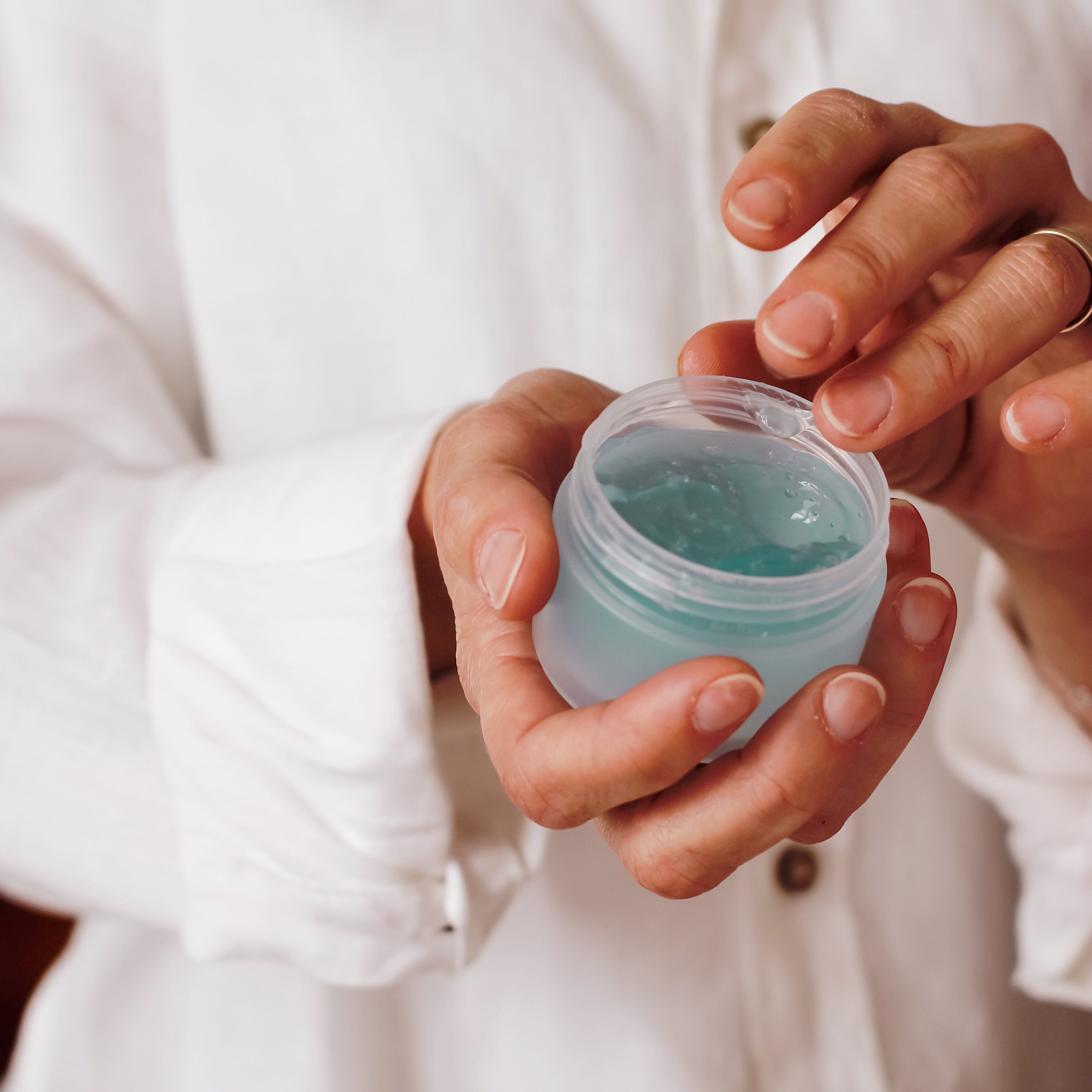Article
What Do Psoriasis Patients Want From Topical Therapy?
Author(s):
An online survey of adult patients shows a strong desire for a singular, consistent topical option.

A significant majority of patients with psoriasis would like more effective options for topical therapy, according to findings from a new survey analysis.
In an assessment of patient-preference survey results, a team of investigators observed consistencies that would infer trends of topical treatment overuse and interest in improved singular products in the space among US adults with psoriasis. The findings, generated by a team supported by Arcutis Biotherapeutics, show the continued issues of symptom burden and treatment inconsistency among patients during an era of booming drug class options for the chronic skin disease.
Led by April W. Armstrong, MD, MPH, associate dean of clinical research at Keck School of Medicine at USC, investigators sough to interpret the perspectives and burden of patients who treat their psoriasis with topical therapy. They did so through a brief online survey conducted in October and November 2021, in which participants were asked a series of questions regarding their disease characteristics and burden, their treatment frequency and history, and sociodemographic factors.
The final analysis included 507 US adult patients; mean age was 46.3 years old and 52% were male. Participants had received a mean of 2.5 different topical therapies, 2.1 over-the-counter drugs and 0.7 prescription oral drugs for their psoriasis.
A majority of participants (59%) described their psoriasis as moderate in severity at the time of diagnosis; an estimated 15% of participants’ bodies were being affected by psoriasis at the time of the survey. The most commonly reported areas affected by disease were the scalp (56%), elbows (48%), and legs (41%).
More than 30% of participants reported applying topical treatment to their elbows, scalp, legs and arms. Despite inconsistent reports on the impact of disease on quality of life, 90% of participants stated they wished for more effective topical therapy options. An equal rate expressed a want for a “single topical therapy (to use) anywhere on my body.”
One-fourth (25%) were dissatisfied with their current topical therapy options. Another 54% were “somewhat satisfied.” Safety concerns (80%) and tolerability (78%) were additionally popular concerns from respondents.
Among the most common attributes patients hoped to find in a new topical psoriasis treatment were improvement in plaques (68%), relief of itch (68%), easy use (63%) and safe use (61%).
Overall, Armstrong and colleagues concluded that adult US patients with psoriasis are seeking more effective, safer, and simpler-to-use topical therapy options.
“While patients with psoriasis have used an average of 2.5 topical treatments, they prefer a single topical therapy that can be used anywhere on the body,” they wrote. “Most respondents were open to using a new topical treatment for psoriasis and want a product that offers improvement of both plaques and itch.”
The study, “Patient Perspectives on the Prevalence and Burden of Psoriasis: Results From a National Survey of Adults With Psoriasis in the United States,” was presented at Fall Clinical Dermatology 2022.




